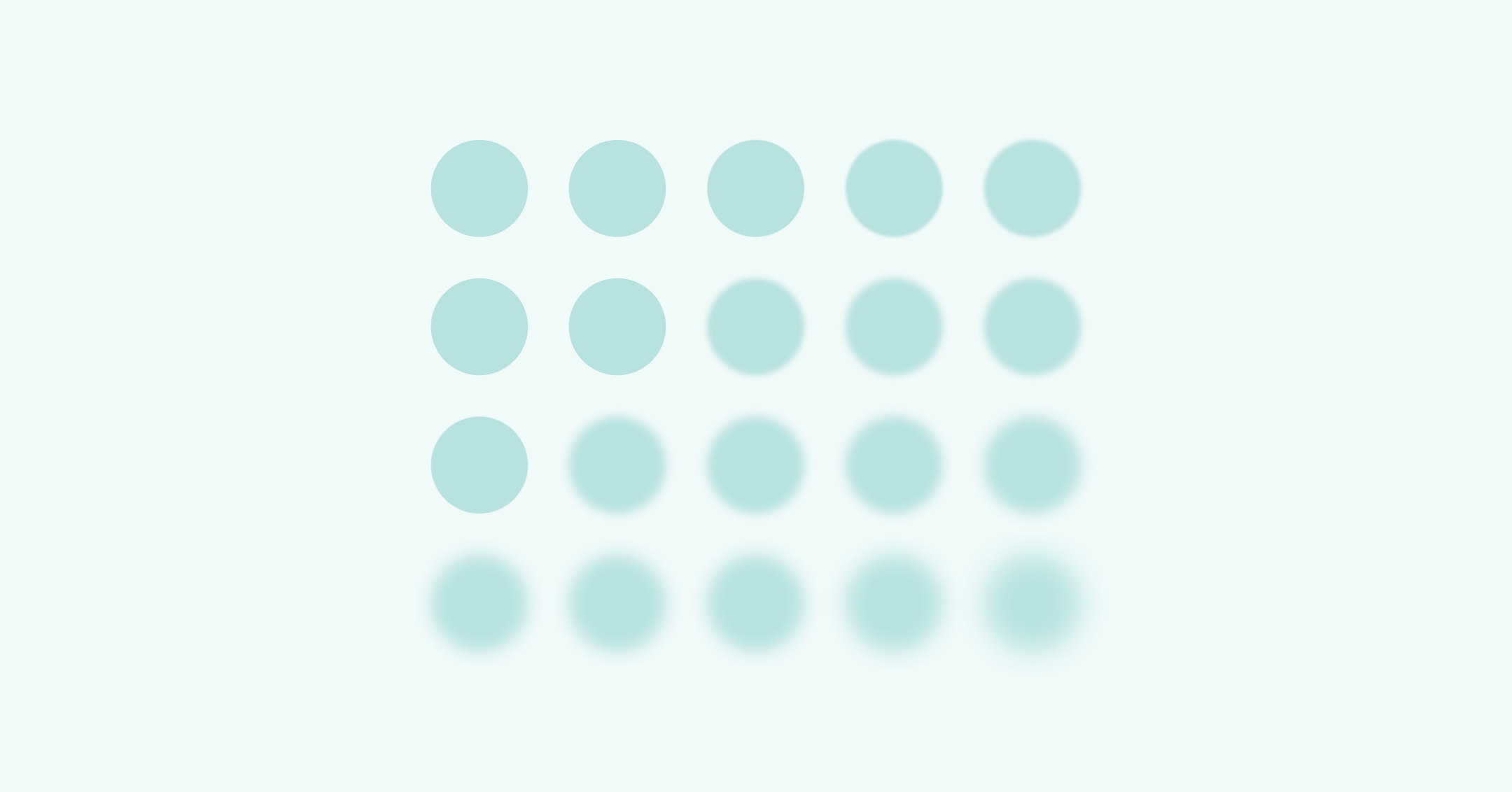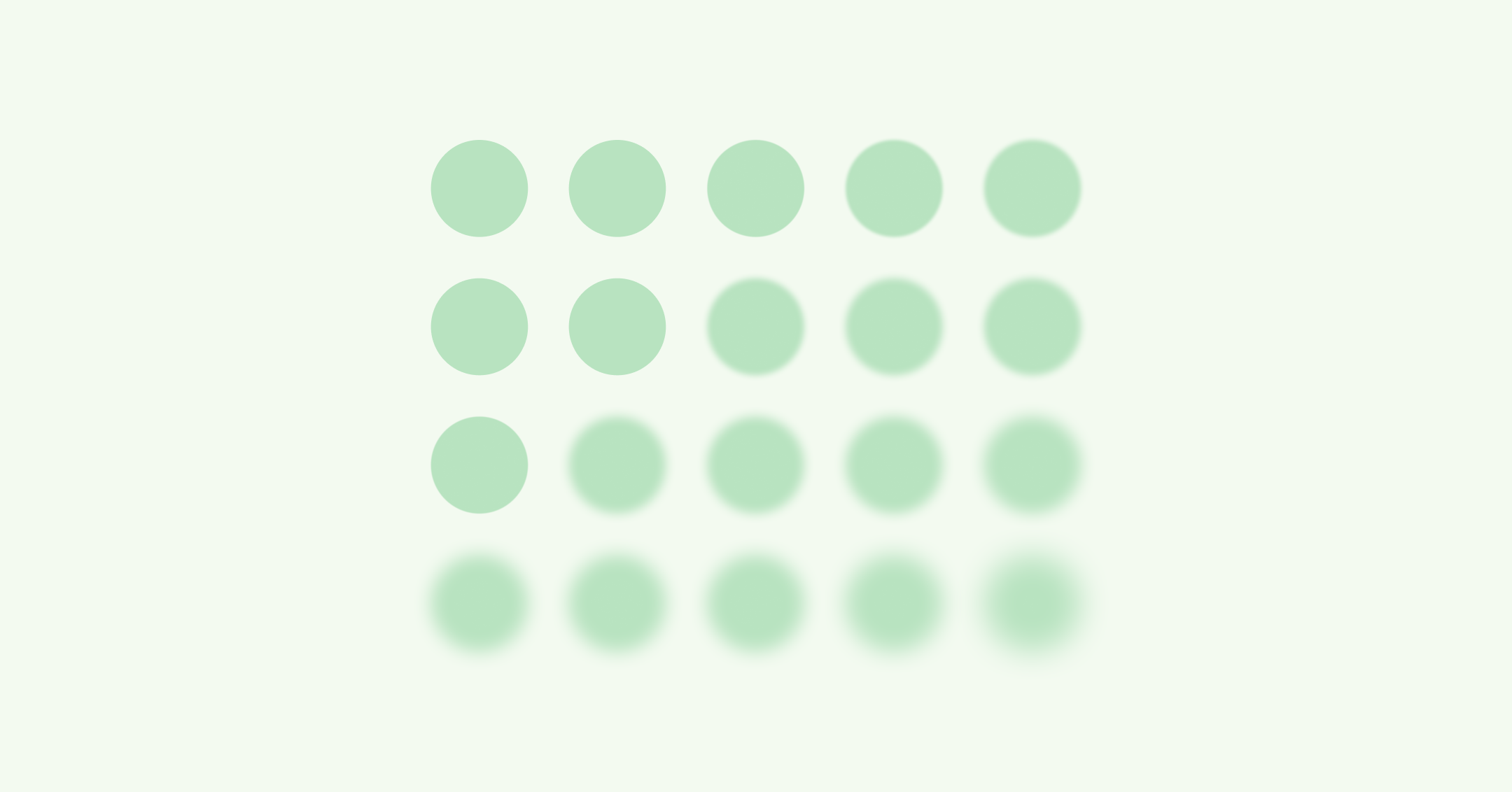Rula works with exceptional licensed therapists from all backgrounds. In this Therapist Spotlight, we interviewed Michelle Muñoz, LMFT. She fills us in on how she discovered her niche as a therapist, how Rula helped her transition from full-time agency work to a thriving private practice, and how investing in her professional community has made a powerful impact on her practice.
Why did you decide to become a therapist?
I’ve always been curious about human behavior. My first job ever in high school was working in a psychologist’s office. Seeing firsthand how therapy gives people the tools and resources to better handle life’s curveballs convinced me to pursue a career in counseling.
The care you need, when you need it
Learn how Rula can support your mental health journey
Tell us about your career path so far.
After I got my master’s in counseling, I spent the first four years of my career in community mental health. I worked mostly with children and families in the foster care system.
I loved working with the kids, but it did take a toll on me. Kids have a lot going on, just because they don’t really have any control over their situation.
I realized that the part of my work I most enjoyed was actually working with parents — supporting them and giving them the tools to get unstuck. So I slowly transitioned to working with adults, which is still my focus today.
What’s the most rewarding part of your work?
When clients are going through anxiety or depression, it can be hard for them to remember what it was like to feel any other way.
When you’ve been in that kind of reality for a long time, you can feel very hopeless. The most rewarding part of my work is being able to support clients in reaching goals that used to feel impossible for them.
Why did you decide to join Rula?
I was working really long hours for an agency, and I decided I wanted more flexibility and control over my schedule. I often tell my clients, “Honor your wants and needs.” I’m a mom, and I found that my wants and needs pointed to being able to be more present with my son. So I decided to start my own private practice to make it happen.
I’d tried other telehealth platforms, and found that they were really slow to get me referrals. One of the things that stood out to me is that Rula helped me get referrals as fast as possible so I could grow a sustainable private practice. And I’ve been really happy with my experience!
What did you expect when joining Rula? How has the reality compared to your expectations?
I was excited about the flexibility of private practice and was glad that Rula didn’t have a minimum number of clients I’d have to take on. I was also looking forward to being able to set my own hours.
But, the idea of leaving a salary income behind was definitely a big step for me. I was nervous about the idea of being more independent and making sure I was providing for myself by taking on the right number of clients. My biggest concern was making sure that I’d get enough referrals to make it work.
There are a lot of telehealth platforms that check the box in terms of flexibility, but Rula really delivers on getting you the caseload you’re looking for. I’m still working with a few other telehealth platforms, but the bulk of my referrals come from Rula.
I also love that after Rula sends me a referral, I get to be the one who communicates with clients. It’s important to me that flexibility doesn’t come at the expense of being able to control the relationship I have with my clients.
How did you make the transition from agency work to private practice and Rula?
While I was working full-time at the agency, I started seeing some telehealth clients here and there after hours. But I kept hearing that in order to really build a caseload, you need to have a substantial amount of availability on your calendar so clients can choose times that work for them.
I decided that I was ready to dive into private practice full-time, and I resigned from my agency job last April. By May, I was already seeing clients with Rula.
What does your weekly schedule look like with Rula right now?
I see Rula clients Monday through Thursday 9 am to 6 pm, and work a half day on Fridays. I schedule a two-hour break in the day so I can have lunch and pick my son up from school.
My husband’s work schedule is going to change in the next couple of months. So I’m going to start adjusting my schedule with Rula to accommodate that. It’s a really beautiful thing for our family that I’m able to have that kind of flexibility.
Tell us about your experience with Rula’s client matching process. Are you seeing clients within a particular specialty?
Rula has done a great job of matching me with folks whose needs match my areas of expertise. I really enjoy working with clients who are experiencing depression, anxiety, and postpartum issues. I also gravitate toward working with people who are navigating adjustment disorders.
At this time, I’m not taking any high-risk clients. I know some providers are comfortable working with higher-risk clients via telehealth. But it’s not something I’m comfortable with.
That said, it’s reassuring for me to know that if I ever did get a Rula client whose needs exceeded the level of care I’m comfortable providing, Rula has robust referral systems in place to help connect that person with a higher level of care.
How does having Rula’s support impact the work you do with your clients?
Having Rula take care of the admin work means I can truly focus on making sure my clients receive the most therapeutic benefit from our sessions. It allows clients a full hour to work towards their goals, and not be distracted by trying to figure out why insurance hasn’t paid for their bill, or what’s going on with their copay.
Also, Rula’s support team is incredibly responsive. If there’s any issue — like a client doesn’t show up or there’s an issue with the EHR platform — I know I’ll hear back from the support team quickly. These types of issues don’t come up very often, but it’s great to trust that I’ll have a speedy resolution if they do.
Getting quick answers back from Rula is especially valuable for clients who are dealing with anxiety or depression. For example, if there’s an issue with a client’s insurance, they appreciate getting an answer quickly. Having to wait for info like that can exacerbate anxiety or other symptoms.
It’s great that I never have to tell clients, “I don’t know when we’ll hear back — it could take up to a week.” Rula’s responsiveness makes a big difference for both me and my clients.
What advice would you give to other therapists who are considering making a transition into private practice?
Make sure to be patient with yourself. There’s going to be a lot of trial and error, and that’s normal. It’s a learning process.
Also, private practice can feel very isolating, so make sure to create a professional community for yourself. All therapists get stuck sometimes or have difficulty with certain clients. Having a supportive community to turn to for advice in those times helps you be a better clinician. Sometimes all it takes is for someone to say, “Have you tried this?” Seeing things through a different lens can make a huge difference.
I’ve connected with other therapists through Rula’s online community, which is a great resource for connecting with other people who are figuring out private practice. I’ve also made a point to maintain connections with colleagues from previous jobs and grad school. Having both Rula and my professional community behind me has been really helpful.
Find therapists near you
New York, NY – Houston, TX – Rancho Cucamonga, CA – Austin, TX – Chicago, IL – Los Angeles, CA – Columbus, OH – Portland, OR – Dallas, TX – Jacksonville, FL – Charlotte, NC – Denver, CO – Huntsville, AL – Philadelphia, PA – Seattle, WA – Find your city

Rula's editorial process
Rula's editorial team is on a mission to make science-backed mental health insights accessible and practical for every person seeking to better understand or improve mental wellness.
Members of Rula’s clinical leadership team and other expert providers contribute to all published content, offering guidance on themes and insights based on their firsthand experience in the field. Every piece of content is thoroughly reviewed by a clinician before publishing.




